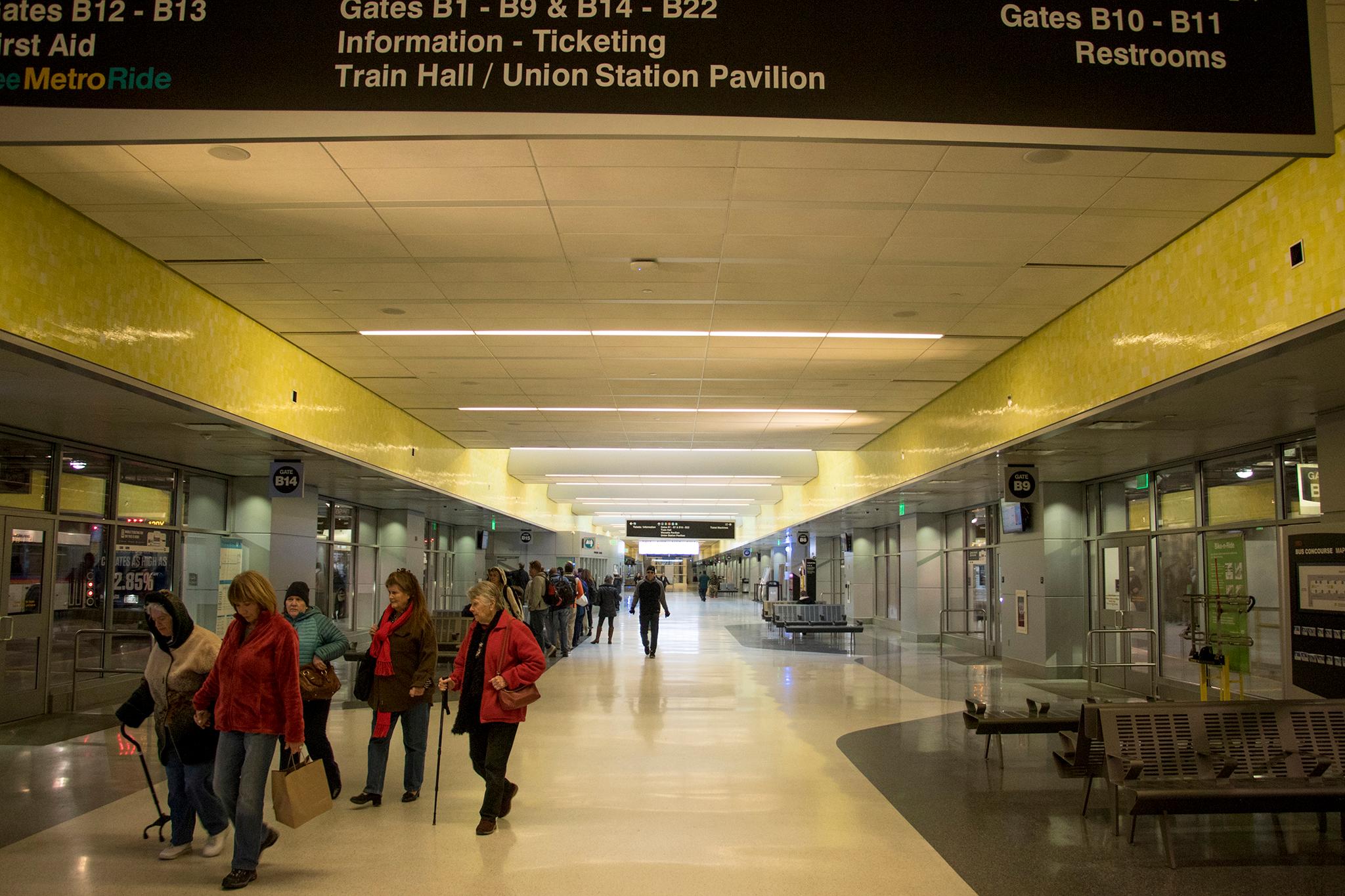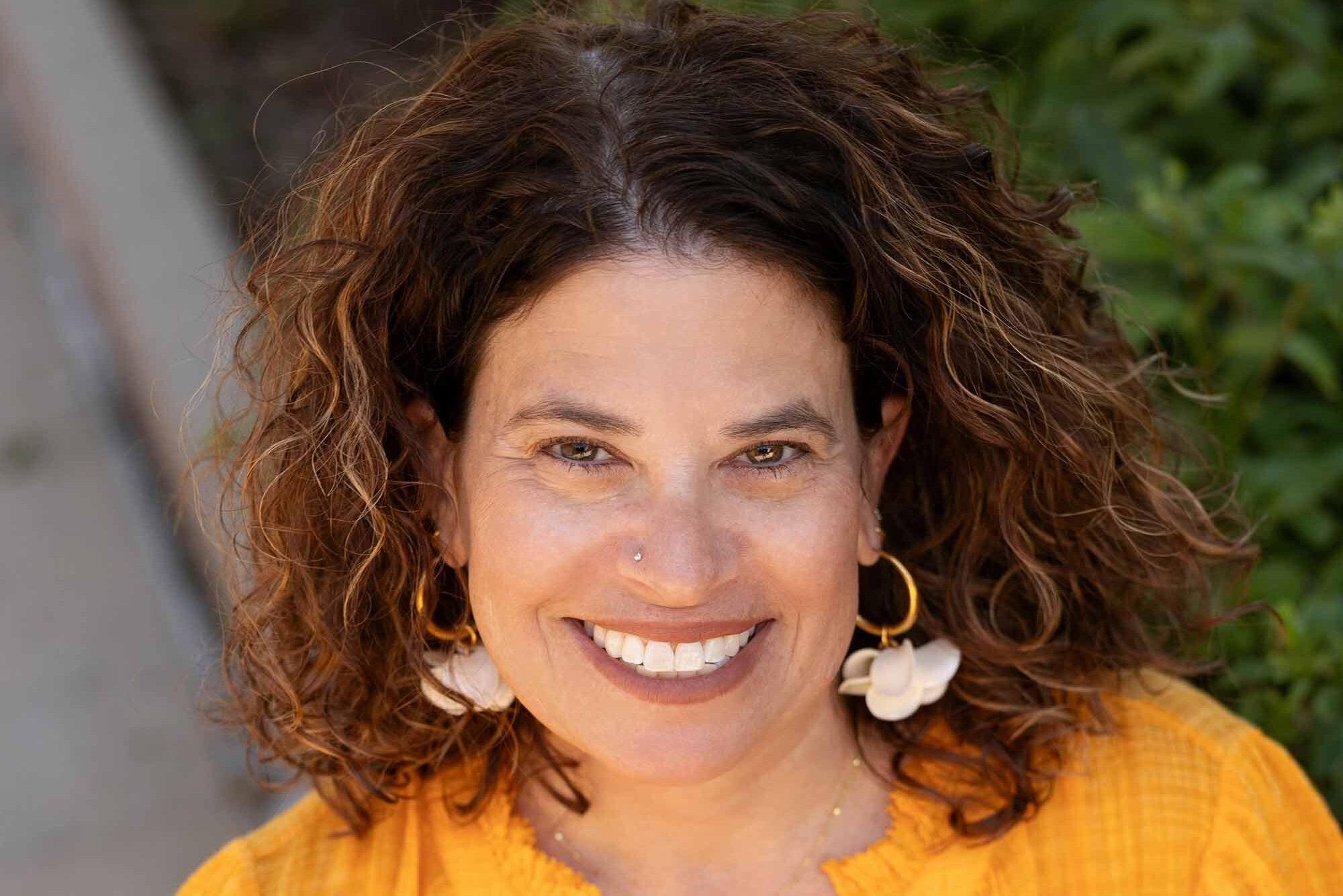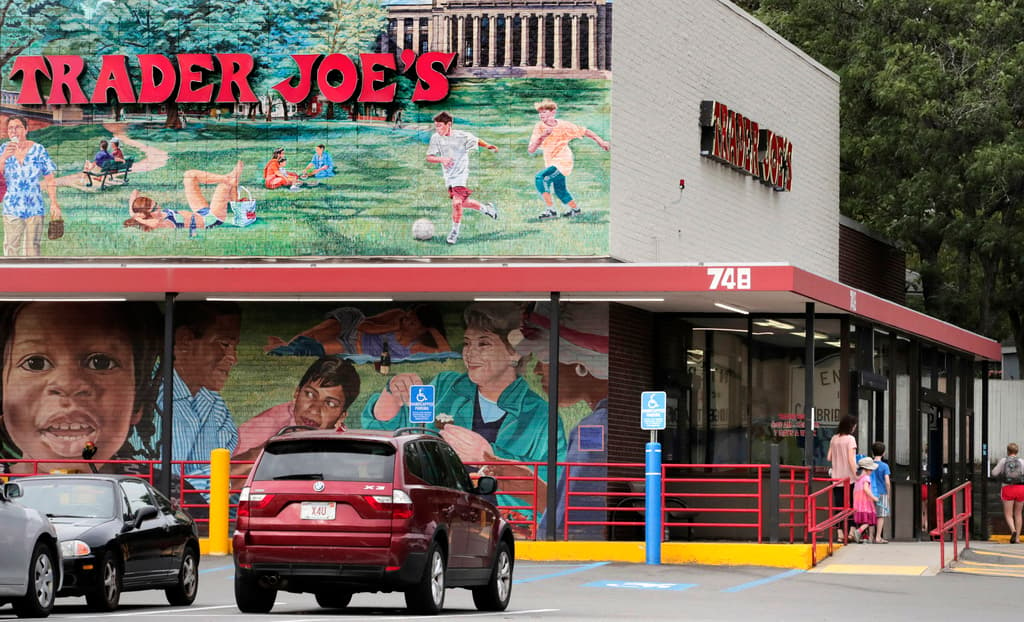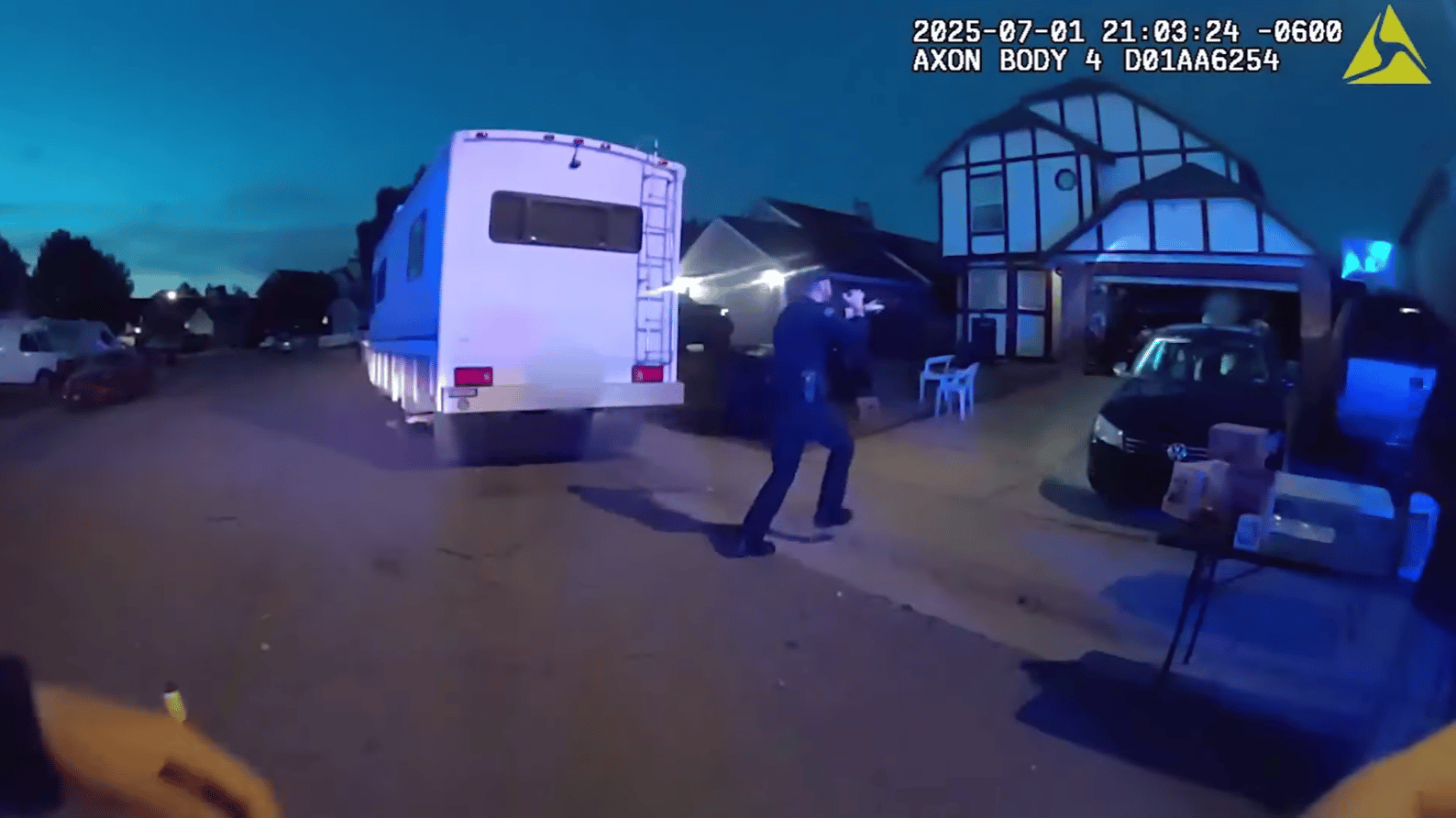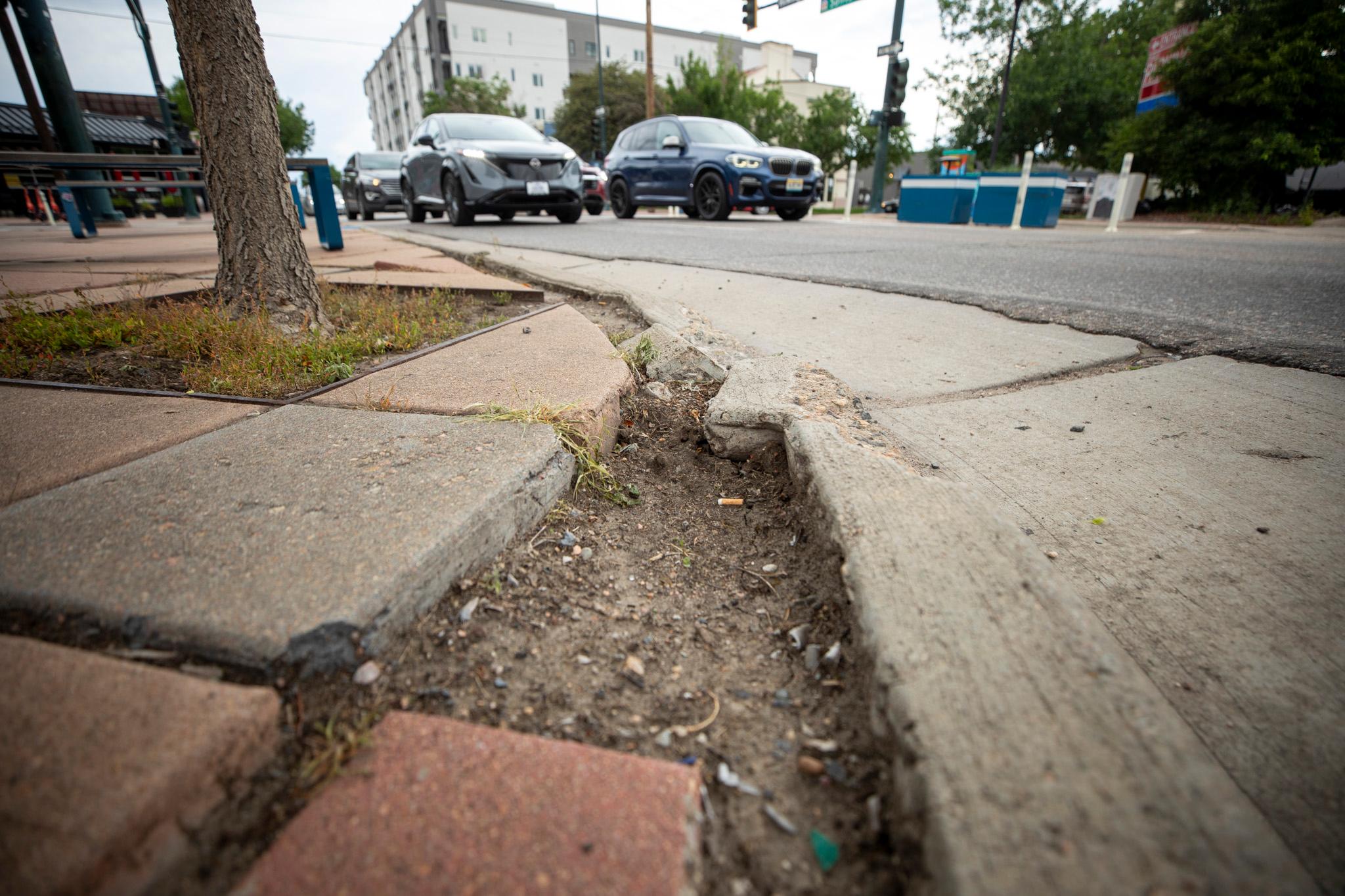Lying and sitting on the floor will no longer be tolerated at the Union Station bus depot in downtown Denver.
Nor will eating. And only two people will be allowed in the depot's restroom at the same time.
The Regional Transportation District, which owns the facility, announced those changes Wednesday, saying they are due to "problematic and unsafe behavior in the station."
"We are implementing these restrictions at Union Station to comply with public health orders, to ensure that this important space is a safe and healthy environment for employees, customers and the general public," General Manager and CEO Debra Johnson said in a press release.
Security personnel will be "educating" people who do not follow the new rules, Johnson said. They are meant to protect people from the spread of COVID-19 and will remain in place "until otherwise noted," RTD's release states.
The underground depot, typically a workhorse destination for downtown bus commuters, is adjacent to the more ritzy Union Station. In both places, and across its sprawling system to varying degrees, RTD has tried to balance keeping its spaces both safe and public.
That's become more challenging during the pandemic.
RTD said there's been a recent increase in health-related service calls to Union Station, and that the Denver Department of Public Health and Environment has issued two citations to RTD since Dec. 15 for violations of public health orders on face masks, congregating and social distancing.
"RTD is legally required to comply with public health orders and will be fined for violations that could lead to court summons, fines and facility closure," RTD's press release states.
Union Station and other RTD facilities are a refuge for people experiencing homelessness, said Tom Luehrs, executive director of the St. Francis Center, a Denver day shelter. Center staff frequent Union Station, he said, to offer their services to people in need.
"The majority of people who are in these facilities, or out on the street, are just trying to make it," Luehrs said, adding that RTD's new policy seems to be directed at people without shelter.
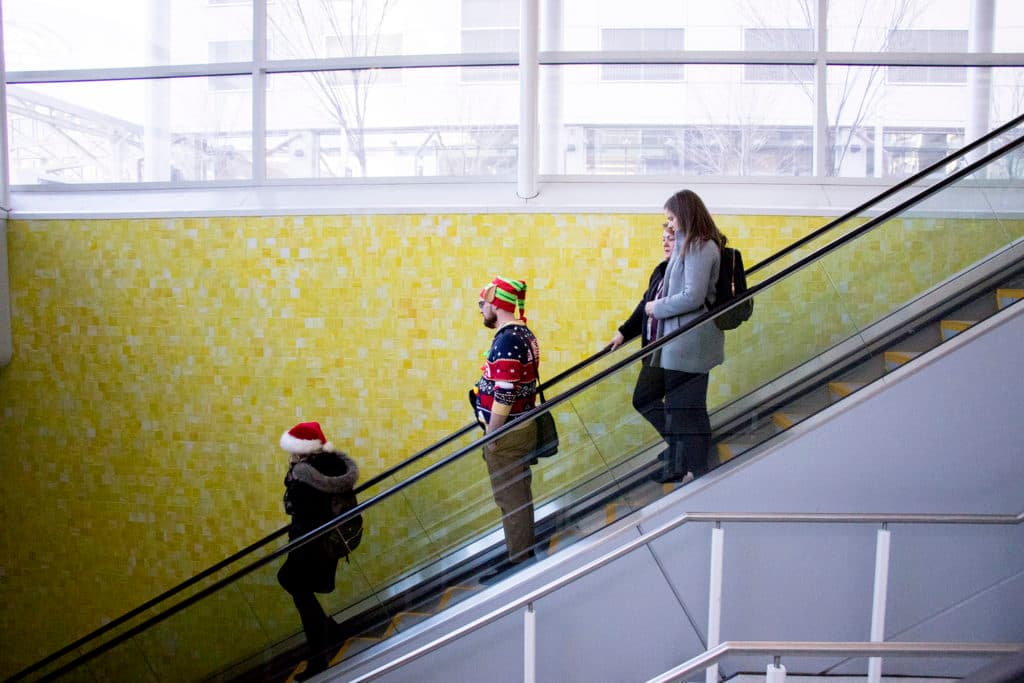
The union representing most bus drivers applauded RTD's announcement. Lance Longenbohn, president of the ATU-1001, said they have videos of open drug sales and use in the bus concourse, and that operator assaults are on the rise.
"We have been pushing RTD to take some kind of action," he said.
Bus drivers have told the agency's board of directors they feel unsafe in the station.
"I don't think anybody on that board or anybody who called in have been down to Union Station at 4 o'clock in the morning and see what goes on down there," bus operator Sherrie Titus said in July. "We can't even go to the bathroom without somebody trying to rob you."
Luehrs, who runs the day shelter, said few people experiencing homelessness also deal drugs. But, he said, drug dealers prey on the homeless wherever they might be -- including at Union Station.
"They're violent," he said. "They are very abrasive and threatening. And they don't really care who's around."
RTD has seen an increase in reports of violent crime across its system. In October 2020, RTD's chief safety and security officer, Mike Meader told board members that robberies were up 45 percent compared to 2019. Assaults were up 32 percent, from 223 incidents in 2019 to 297 in 2020, and harassment was up 33 percent.
Private security contractors make up the bulk of RTD's security force. After a guard brutally beat a Denver artist in the Union Station bus depot bathroom in 2018, that may soon change. RTD is proposing it minimize its private security force in favor of a larger police force of its own.
The agency has four mental health clinicians on staff and is also in the process of hiring a homeless outreach coordinator. More resources are the best way to tackle the root of the issue, Luehrs said.
"I kind of stand in between a lot of this," he said. "Because I see the city trying to do more, and push more resources into services. And yet there's just a growing number of people. And it's a nationwide issue."

